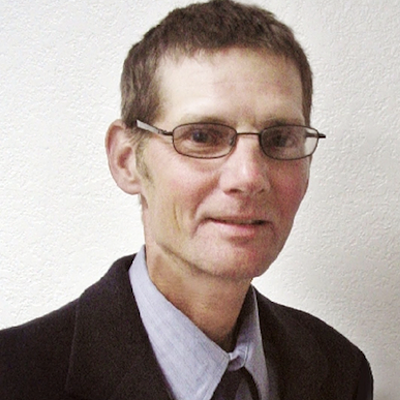The court held in 2005 that it was acceptable for the city government in New London, Conn., to transfer ownership of property from one set of private hands to another, in order to further economic development.
That ruling prompted a number of state initiatives to stop what some see as a flagrant abuse of government power. That's where Arizona's Proposition 207 comes in, according to Lori Klein, executive director of the Arizona HomeOwners Protection Effort.
"Government shouldn't be in the development business," Klein said. "If you're a private developer, and you want my property, then you come to me. You don't go and get government to come to me and bully me into selling my property to you for the greater good."
Both the state and federal government can exercise eminent domain, or the ability to seize property, for "public use." The point of contention, according to legal scholars, is what is meant by "public use."
The federal government interprets those words very broadly, while the state has a much more restrictive view--especially after a unanimous Arizona Court of Appeals ruling in 2003 that prevented the Mesa city government from taking over Bailey's Brake Service. The city had hoped to redevelop the Bailey's site into a hardware store that would generate more tax revenue and jobs. But the state court found "economic development" wasn't a sufficient "public use."
"Under the federal standard, that probably would have been allowable," said Joe Feller, an Arizona State University professor who teaches property law. In light of the Bailey decision, Proposition 207's prescriptions as to when eminent domain may be used "may not make much difference," according to Feller.
What would make a big difference is the regulatory takings part of the initiative, government officials and conservationists have argued.
A regulatory taking is when the government imposes development rules that prevent an owner from using their property in an intended way. Proposition 207 would make it so that governments would have to pay owners if new rules diminish the value of their property--or else exempt owners from having to obey those new rules.
"I think that should Proposition 207 pass, we would have to pay somebody not to put a landfill next to a residential area, because they can assert that that's a highest and best use, and not allowing them to do that would be a takings," said Pima County Supervisor Sharon Bronson. "I think it puts at risk rational public planning."
Carolyn Campbell, executive director of the Coalition for Sonoran Desert Protection, said the proposition would make it difficult to institute new regulations to protect the environment under the Sonoran Desert Conservation Plan.
"Under 207, it makes it very clear that if a property owner feels you have restricted them from developing their property in any way through a regulatory action, then they need to be compensated," she said.
Two things could happen, Campbell said: Pima County could go through with the regulatory changes, prompting a huge wave of compensation claims from property owners; or the county could simply waive the changes, making it impossible to carry on with the conservation plan.
Taxpayers would suffer as a result of the first option, she continued, pointing to what happened after Oregon voters approved Measure 37 in 2004, upon which property-rights initiatives in other states have largely been based. As of Oct. 13, 2,636 claims have been filed asking for just more than $6 billion in compensation, according to the Oregon Department of Land Conservation and Development. None of those claims have been paid out yet.
And Bronson said there's no penalty for frivolous lawsuits, because people bringing cases against the government wouldn't be responsible for court costs, even if they lose. Feller said the "tremendous amounts of litigation" that would result would be "disastrous."
Not so, said Klein: "If you want to bring a frivolous lawsuit, you've got to pay a lawyer to do it, which is costly. So you're not going to bring frivolous lawsuits on a diminution of value."
Records on file with the Secretary of State's Office indicate the "yes" camp has burned through far more money than its rivals. Arizona HomeOwners Protection Effort has raised more than $1.3 million to bankroll its operations, with the vast majority of that--about $1.1 million--coming from the conservative, Chicago-based Americans for Limited Government. Only about $84,000 of that money remains, according to campaign-finance reports.
The "no" camp under the Protecting Arizona Taxpayers Coalition has raised just more than $325,000, according to the reports. They have about a third of that on hand entering the home stretch before Election Day.









